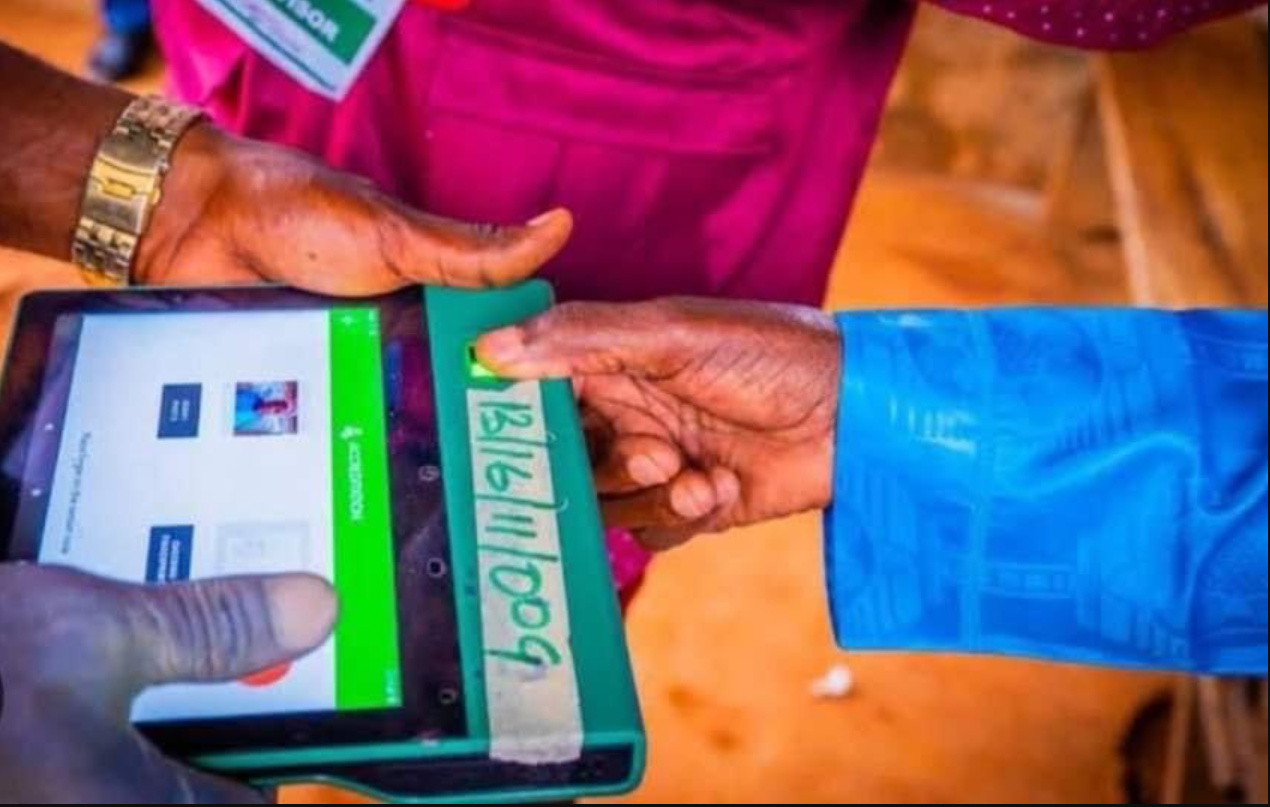
In the quest for democratic governance, the role of voter education cannot be overstated. Effective voter education tools are instrumental in shaping an informed and engaged electorate, which is the bedrock of any functioning democracy. This blog post examines the impact of various voter education tools on elections, particularly looking at how they influence voter behavior, turnout, and the overall electoral process.
The Essentiality of Voter Education
Voter education plays a critical role in ensuring that citizens understand their rights, the voting process, and the importance of their participation in elections. An informed electorate is more likely to participate in the electoral process, make informed choices, and hold elected officials accountable.
Traditional Tools: Brochures, Workshops, and Broadcasts
Traditional voter education tools like brochures, workshops, and radio/TV broadcasts have long been the mainstay in disseminating electoral information. These tools are particularly effective in reaching broader audiences, including those in rural and remote areas. Their impact lies in simplifying complex electoral processes and encouraging wider participation among voters.
The Rise of Digital Tools
The advent of digital technology has revolutionized voter education. Websites, social media platforms, and mobile apps offer interactive and engaging ways to educate voters. These tools are highly effective in reaching younger and tech-savvy demographics. They allow for the dissemination of real-time information, making it easier for voters to access relevant and up-to-date election-related content.
Interactive Platforms and Games
Interactive platforms, including educational games and simulations, have emerged as innovative tools for voter education. These platforms engage users in a hands-on manner, enabling them to learn through experience. They are particularly impactful in demystifying the voting process and addressing voter apathy, especially among the youth.
The Role of Social Media
Social media has become a powerful tool for voter education, offering a platform for discussion, information sharing, and mobilization. Its impact is seen in the ability to reach vast audiences quickly and to foster a sense of community and collective action among voters. However, the challenge of misinformation on social media necessitates the need for verified and trustworthy electoral information sources.
Challenges and the Future of Voter Education Tools
While voter education tools have evolved and become more accessible, challenges such as misinformation, digital literacy gaps, and unequal access to digital tools remain. The future of voter education lies in creating inclusive and comprehensive strategies that combine both traditional and digital tools, ensuring that all segments of the population are informed and engaged.
Voter education tools have a profound impact on elections. They empower citizens with the knowledge to participate confidently in the electoral process, contribute to higher voter turnout, and foster a more transparent and accountable democratic system. As electoral environments evolve, so too must the strategies and tools for voter education, ensuring they remain relevant, accessible, and effective in engaging a diverse electorate.
